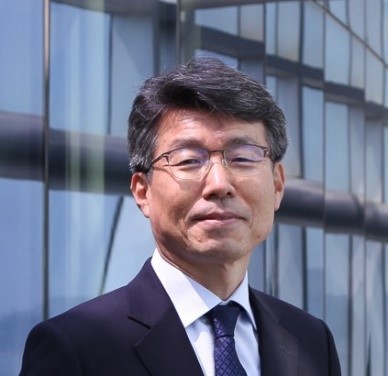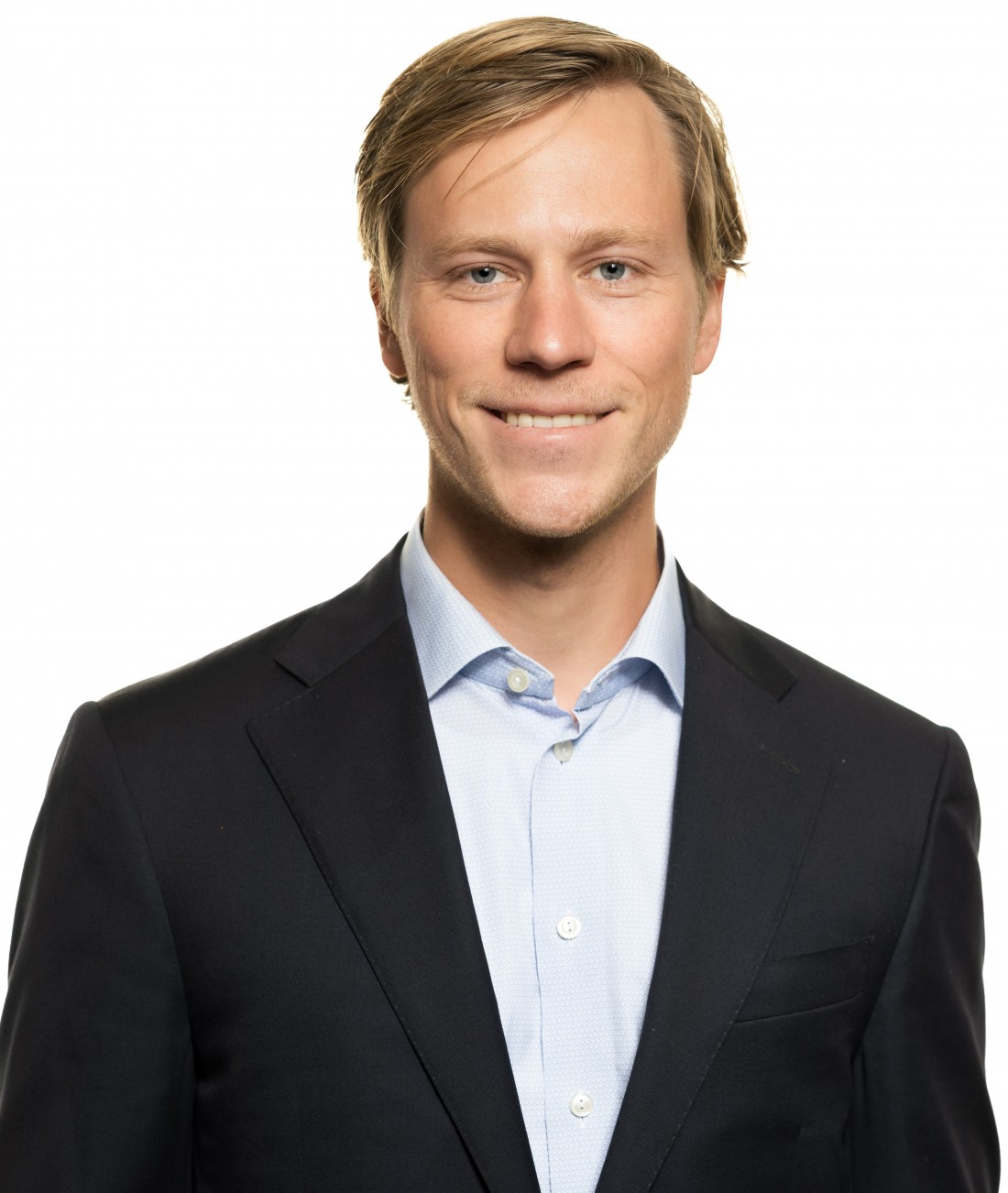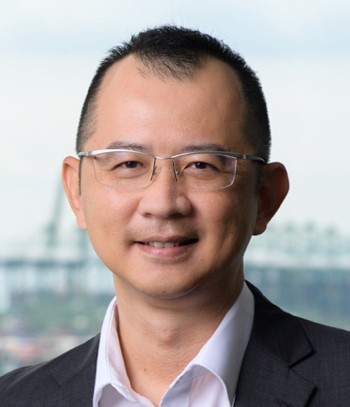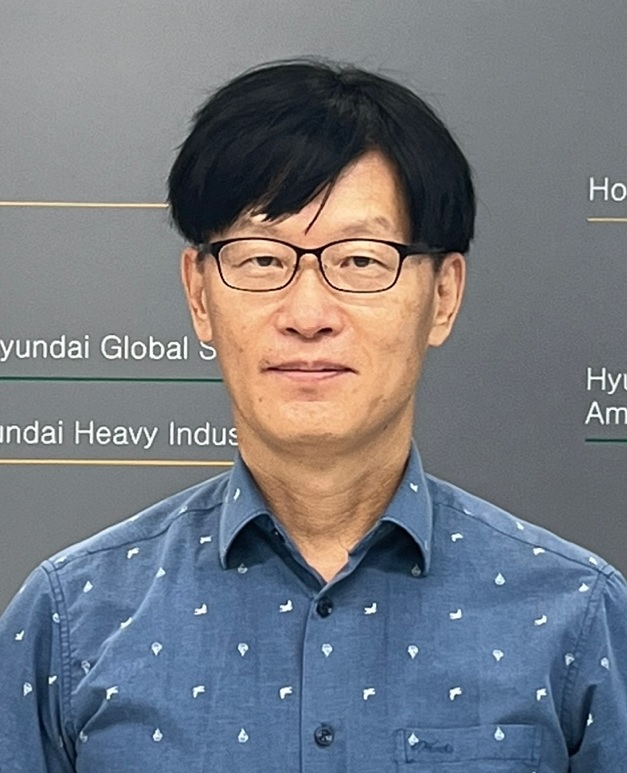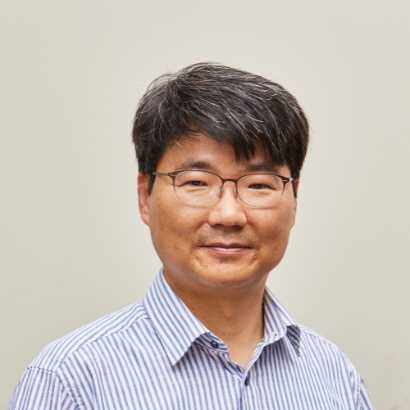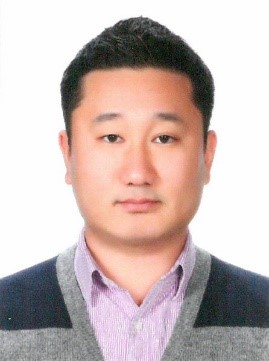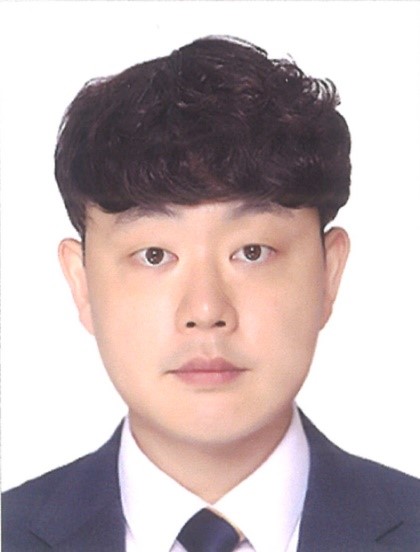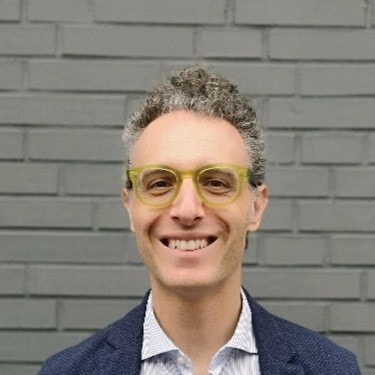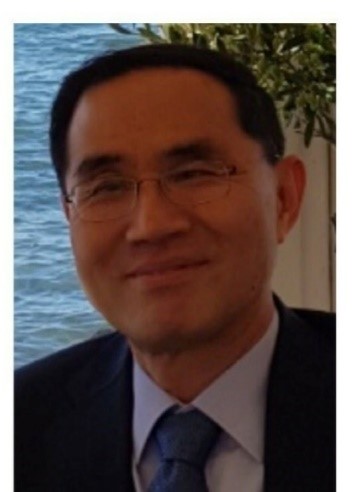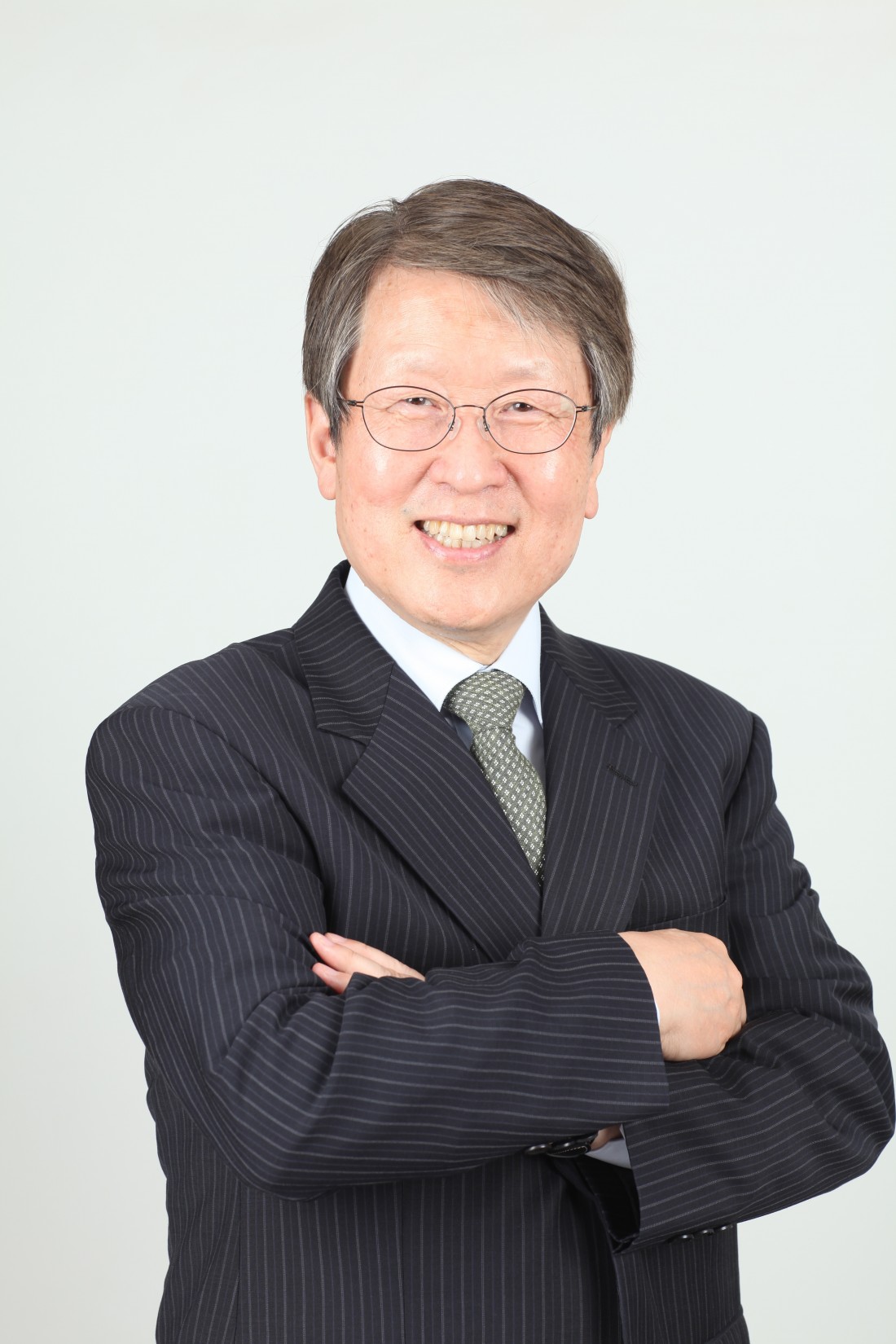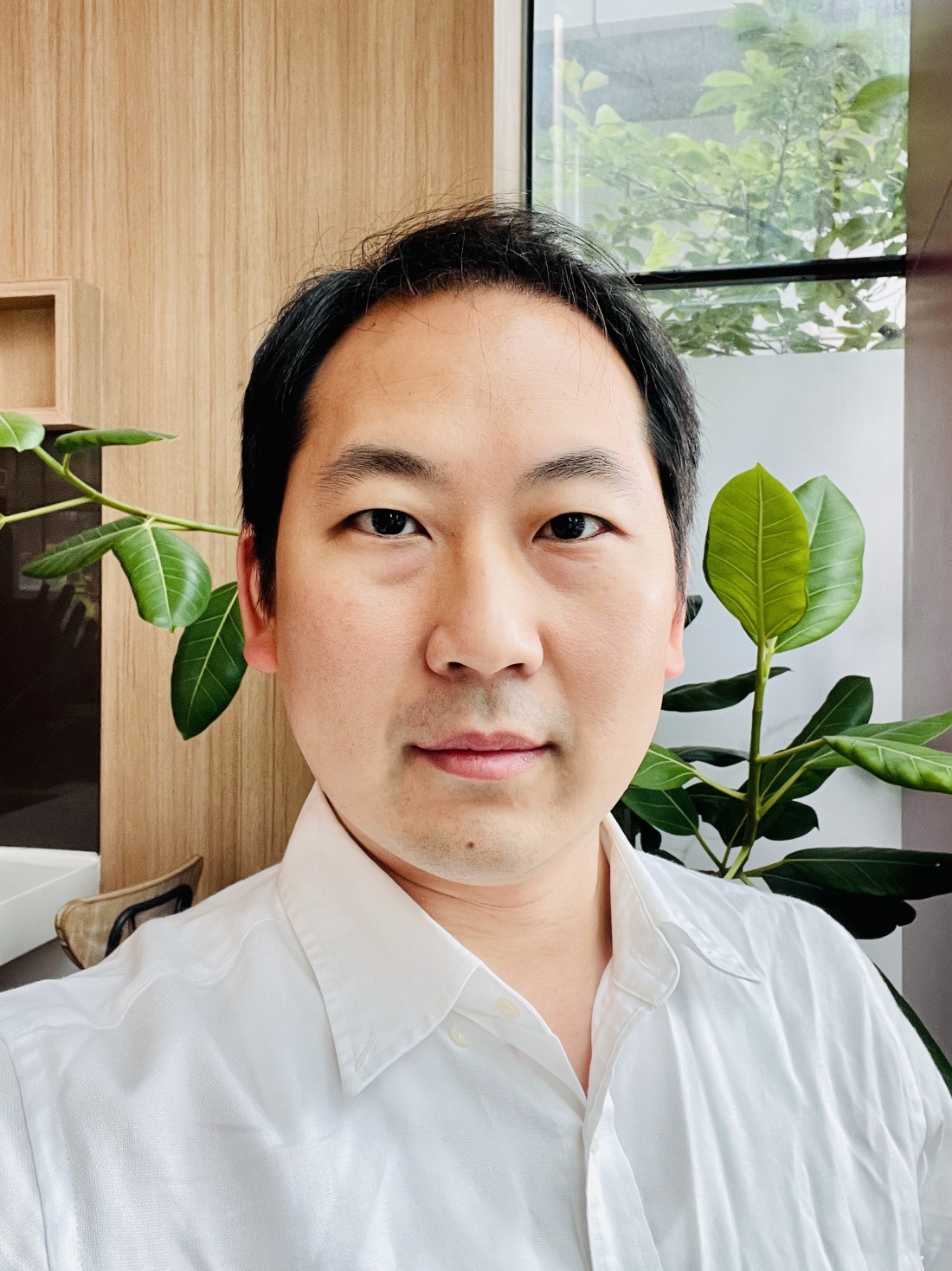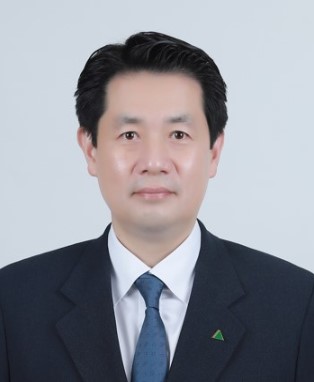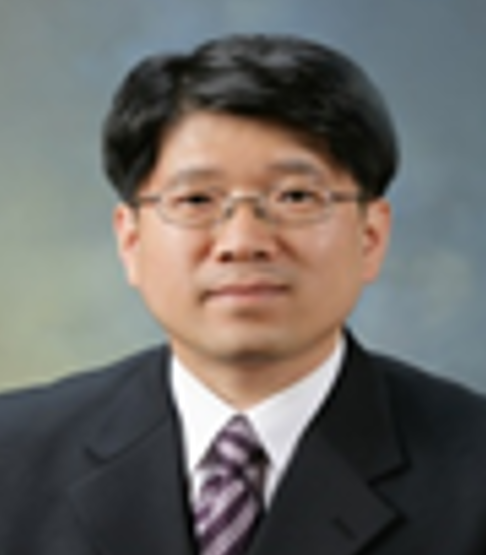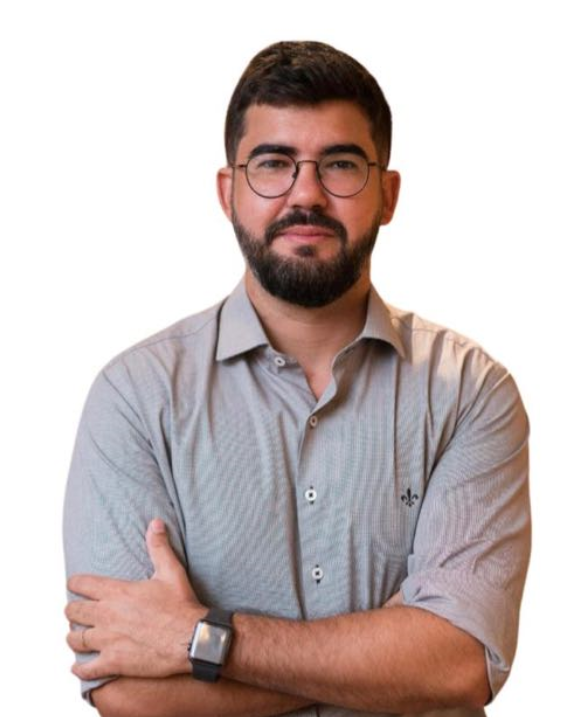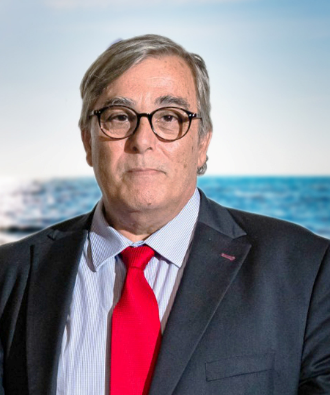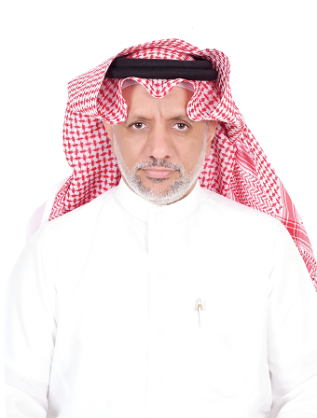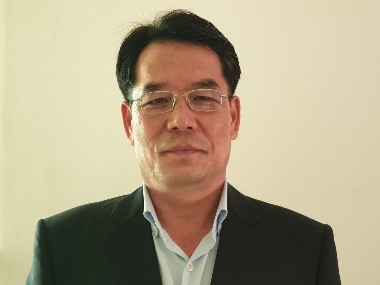프로그램
프로그램
| 시간 | 프로그램 | ||
|---|---|---|---|
| 13:10-14:00 (50') |
개회식 & 10주년 기념 행사 | ||
| 14:00-14:30 (30') | 기조 강연 | ||
| KS |
Decarbonization of Shipping: Eco-system Innovation
Bo Cerup-Simonsen (CEO, Mærsk Mc-Kinney Møller Center for Zero Carbon Shipping, Denmark) 해운의 탈탄소화: 친환경 시스템의 혁신 | 보 체럽-시몬센 CEO(메르스크 맥킨니 뫼러 제로 카본 쉬핑 센터) |
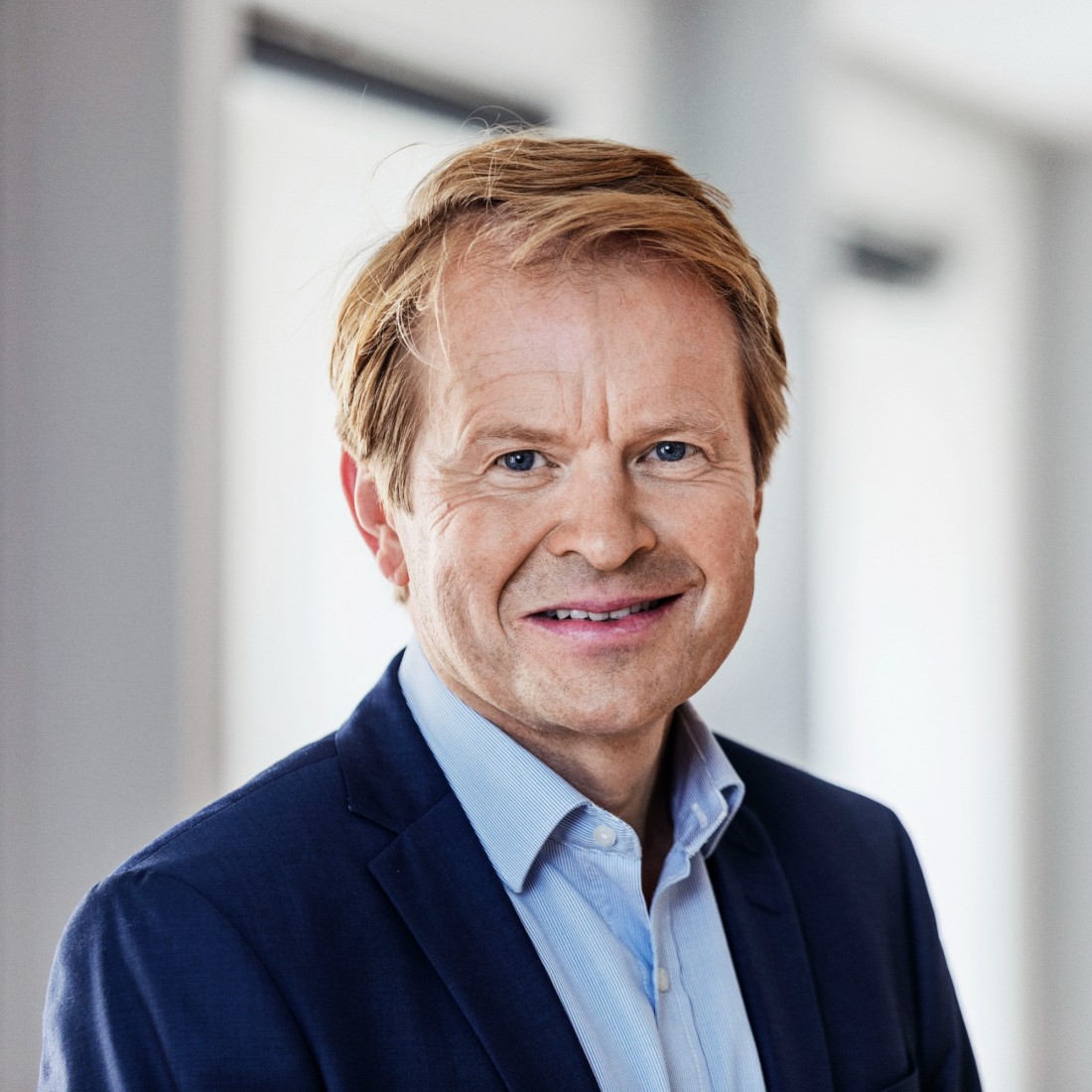
Bo Cerup-Simonsen
Bo Cerup-Simonsen is CEO of Mærsk Mc-Kinney Møller Center for Zero Carbon Shipping. Prior to joining the Center, Mr. Cerup-Simonsen has held a number of prominent positions within shipping technology and innovation incl. VP, Head of Newbuilding Strategy and Portfolio at Royal Caribbean Cruises (RCL); Director of the Danish Hydrocarbon Research and Technology Centre at the Technical University of Denmark; and VP, Head of Maersk Maritime Technology (MMT) where he, among other things was responsible for a large number of engineering and newbuilding projects including the world’s most energy efficient containership series, the Triple-E. Mr. Cerup Simonsen holds a PhD in Mechanical Engineering (Naval Architecture and Offshore Engineering) from the Technical University of Denmark and an Executive MBA from Copenhagen Business School. |
|
| 14:30-15:00 (30') | 특별 강연 | ||
| SL |
Shipping Market Outlook: Managing Disruption & Going Green
Stephen Gordon (Managing Director, Clarkson Research Services Limited, UK) 해운산업전망: 리스크 관리 및 친환경 움직임 | 스티븐 고든 경영이사(클락슨 리서치 서비스 리미티드) |
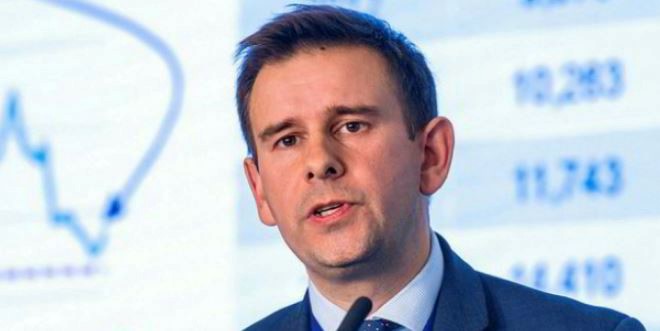
Stephen Gordon
Stephen Gordon graduated from Oxford University and joined Clarksons as a shipbuilding analyst in 1999, responsible for the production of the monthly periodical, World Shipyard Monitor. Subsequently he joined the Research Services team, managing the accounts of customers with annual research contracts. He later became manager of Clarkson Research’s consultancy team and established Clarksons “Shipbuilding Forecast Club”, a multi client study group including leading shipyards and marine equipment suppliers. In 2006, Stephen was involved in the acquisition of Oilfield Publications Limited (OPL) by CRSL and in 2010 launched a further multi-client group “Offshore Forecasting Club”. He has also been responsible for producing a number of new reports, including Tankers in Transition and Ice Class Shipping. Stephen has been involved in numerous IPO and Bond projects, securitisations and major consultancy reports over the past 10 years besides working closely with Clarksons’ brokers. Stephen has been responsible for growing the valuation team at Clarksons since 2006. Stephen was appointed Managing Director of Clarkson Research Services Limited in 2012.
|
|
| 15:00-15:20 (20’) |
휴식 | ||
| 15:20-17:10 (110') |
[K1] Green Corridor Chairperson : Kang-Ki Lee (AVL List GmbH, Senior Vice President, Austria) 이강기 부사장(AVL List GmbH) |
Chairperson
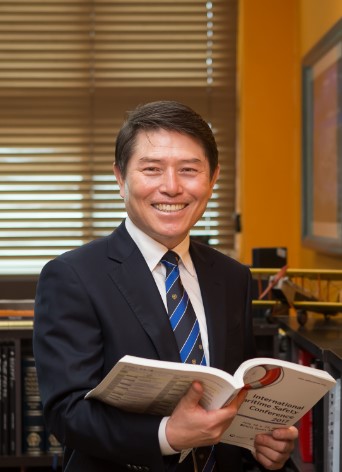
Kang-Ki Lee
BiographyProfessor Kang-Ki LEE currently working as Partnership Associate Professor at Klaipeda University, senior vice president and responsible for High Power Systems at AVL List GmbH in Austria, In parallel, serving as managing director of AVL Zöllner Marine GmbH in Kiel, Germany, studied mechanical engineering at MSc till 1995. And management skills added through Advanced Industrial Program at Seoul National University in 2007 and the executive management course by German based MAN Group through Corporate Program with WHU, Germany and Said Business School of Oxford University, UK till 2010. Worked as president of MAN Diesel & Turbo Korea Ltd since 2007 responsible for the business of internal combustion engine, Korea and as a head of Turbo-machineries business units of MAN for Far East Asia till 2012. EVP of DSEC (Subsidy of Daewoo Shipbuilding & Engineering) for business development & global sales & marketing, and a professor of Korea Maritime & Ocean University lecturing ICE and power systems till 2018. Performed IMO delegates & several States projects of ROK. Research interest on Emission, Energy Trend focus on LNG & Alternative Fuels, Future Technology of Logistics & Transportation, & Convergent Offshore Plants. Business leader of the World first LNG fueled ship development for Northern America and World first & largest LNG fueled bulk carrier upon IMO IGF Code and leading Green Energy Center. Currently working as vice chair of CIMAC GHG Strategy WG, member of Go-LNG Baltic Sea and New Logistics Technology |
|
| 15:20-15:40 (20') |
K1-1 |
The 4th Way Project – Improving Supply Chain Efficiency through Collaboration, Digitalisation and Contractualisation
Grant Hunter (BIMCO, Director, Denmark) 제4의 프로젝트 – 협력, 디지털화 및 계약화를 통한 공급망 효율성 개선 | 그랜트 헌터 이사(빔코) |
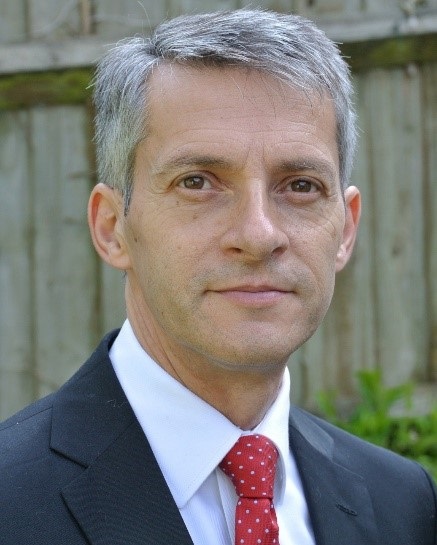
Grant Hunter
Grant Hunter is BIMCO’s Director for Standards, Innovation and Research focusing on digitalisation in shipping. He has worked in the shipping industry for over 40 years. Grant began his shipping career at sea in 1978, before coming ashore to work for the commercial and operations department of P&O Bulk Shipping in London. He has worked for BIMCO since 1997 – the past 25 years as Head of Contracts and Clauses. Grant has a Masters degree in Maritime Policy and Law from the London School of Economics (LSE). |
| 15:40-16:00 (20') |
K1-2 |
Global Trends and Outlooks; ‘Green Shipping Corridors’
Chong-Min Kim (Korean Register, Senior Researcher, Korea) ‘Green Shipping Corridors’의 국제동향과 전망 | 김종민 책임연구원(한국선급) |
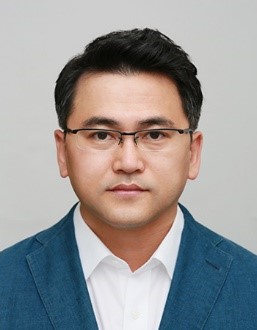
Chong-Min Kim
Dr. Kim got a PhD degree in Thermal & Combustion Engineering at the department of aerospace engineering in Jeonbuk National University. Previously, he worked at the KIMM (Korea Institute of Machinery and Materials) as an expert in thermal engineering of internal combustion reciprocating engine, atmospheric and greenhouse gas reduction. In 2012, he joined the KR (Korean Register). In addition, Dr. Kim carried out projects such as the application of eco-friendly alternative fuel ships, air pollution, and greenhouse gas reduction from ships, and performed related tasks as a private expert at the Ministry of Oceans and Fisheries of the Republic of Korea. Currently, Dr. Kim is working as a mechanical and thermal management technology expert for risk assessment and development of bunkering safety procedures for marine new fuels such as LNG, methanol and ammonia.
|
| 16:00-16:20 (20') |
K1-3 |
R.O.K's Green Shipping Strategy
Chang-Yong Lee (Ministry of Oceans and Fisheries, Director, Korea) 대한민국의 녹색해운전략 소개 | 이창용 과장(해양수산부) |
Chang-Yong Lee
Education / 학력 (Bachelor) Department of Navigation, Korea Maritime and Ocean University : Mar.1985 – Feb.1989 (학사) 항해학과, 한국해양대학교 : 1985.03 – 1989.02 (Master) Department of Maritime Safety and Environment Policy, World Maritime University, Sweden : Mar.2013 – Nov.2014 (석사) 스웨덴 세계해사대학교 해사안전환경정책과 : 2013.03 – 2014.11 Major Career / 주요경력 Director of Maritime Industry and Technology Division, Ministry of Oceans and Fisheries : Mar.2021 - 해사산업기술과장, 해양수산부 : 2021. 03 – 현재 Investigator, Korea Maritime Safety Tribunal : Apr.2021 – OCT.2021 조사관, 중앙해양안전심판원 : 2021.04 – 2021.10 Deputy Director, Maritime Safety Police Division, Ministry of Oceans and Fisheries : Dec.2014 – Dec.2018 사무관, 해양수산부 해사안전정책과 : 2014.12 – 2018.12 |
| 16:20-16:40 (20') |
K1-4 |
Green Corridor and Supply Chain Management
Nayounghwan Choi (Korea Maritime Institute, Head of International Logistics Analysis and Support Center, Korea) Green Corridor와 공급사슬 관리 | 최나영환 국제물류 투자 분석·지원 센터장(한국해양수산개발원) |
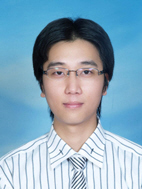
Nayounghwan Choi
[Education] Kobe University Ph.D Maritime Logistics Science and Technology (2010-2013) [Work Experience] Korean Maritime Institute Senior Researcher (2015-2019) Korean Maritime Institute Associate Research Fellow (2020-) Korean Maritime Head of International Logistics Analysis and Support Center (2020-) |
| 16:40-17:10 (30') |
Q&A and Discussion | ||



